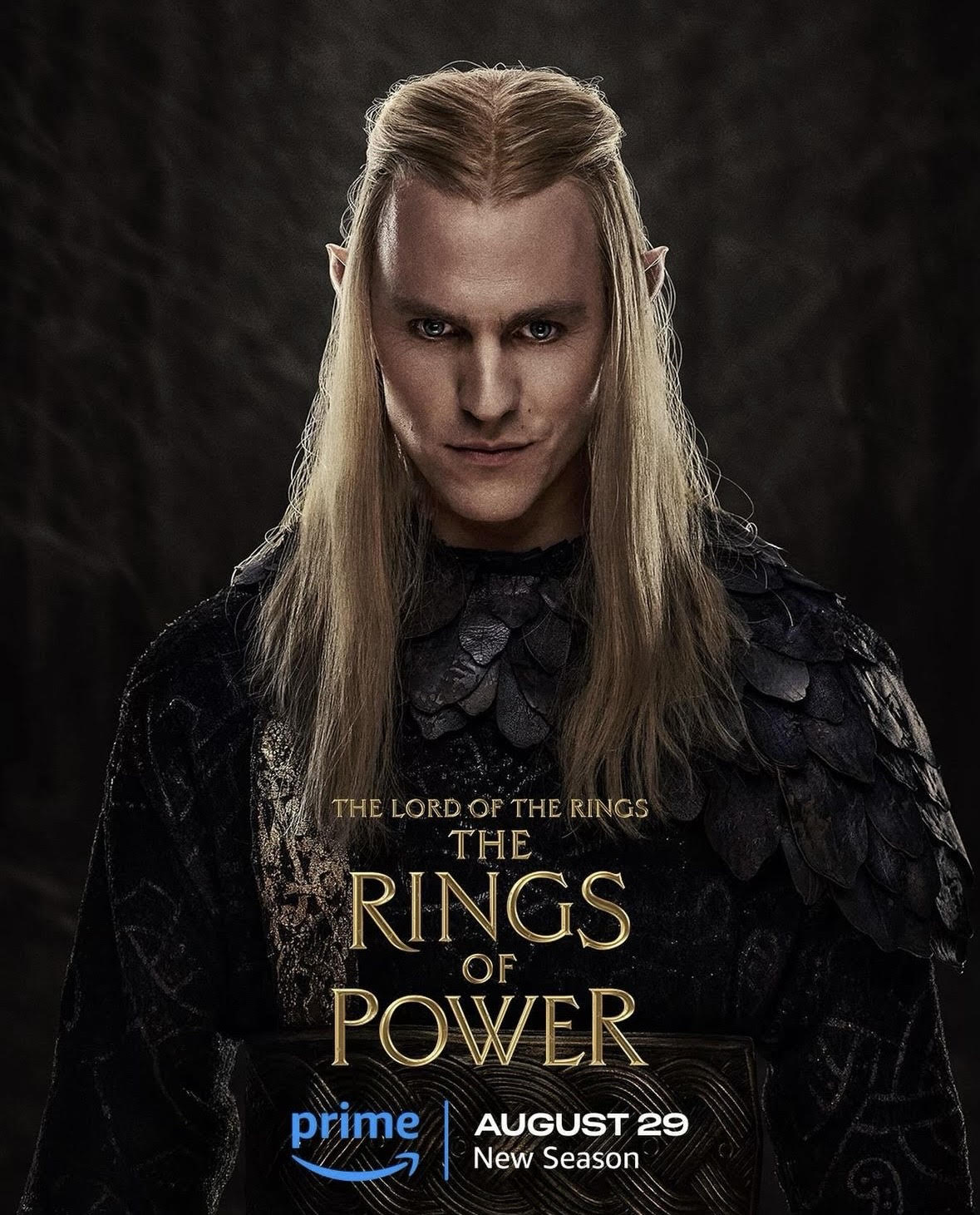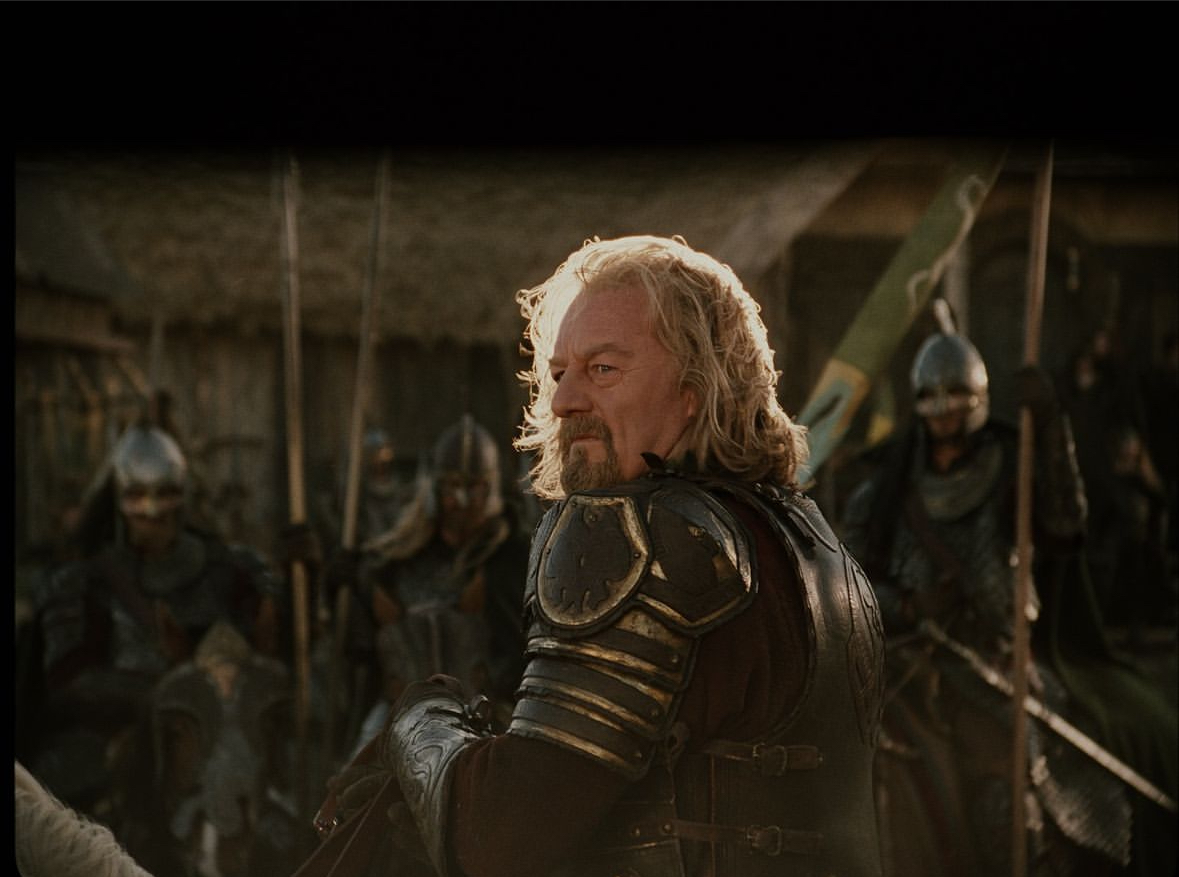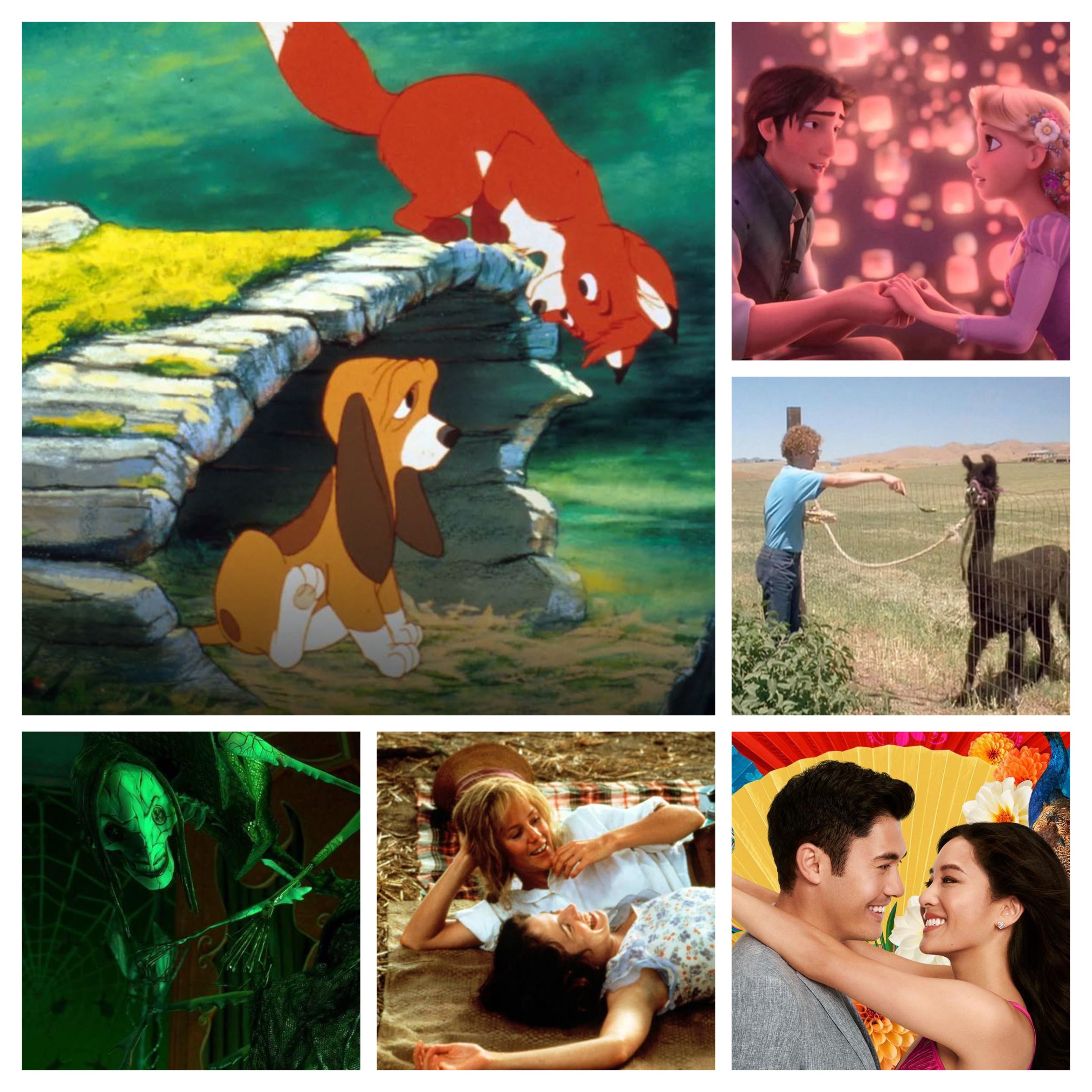Written by: Jaylin Hardin | Sports Editor Fans of “The Lord of the Rings” rejoice: Warner Brothers Studios has confirmed a new batch of live-action films set in the Middle-Earth cinematic universe. The first of these, titled “The Hunt for Gollum,” is slated for a 2026...
Entertainment
Western’s spring dance concert
Written by: Claire Phillips | Entertainment Editor On May 9, 10 and 11, Western hosted its Spring Dance Concert in Rice Auditorium. Each choreographer, costume designer, lighting designer, professor and dancer brought their all to the concert. The show opened with a...
Actor Bernard Hills dies at 79
Written by: Jaylin Hardin | Sports Editor The death of actor Bernard Hill was announced on May 5, 2024 by a representative of Lou Coulson Associates, the British talent agency of which Hill was a member. The agency’s statement did not include or mention his cause of...
Beachy tunes
Written by: Ruth Simonsen | Digital Media Manager “The Song You’ve Been Waiting For” — Coast Modern “All Your Life” — Still Woozy “Little Foot Big Foot” — Childish Gambino “Lucky” — Rainbow Kitten Surprise “Be Sweet” — Japanese Breakfast “Guru” — Coast Modern “Roly...
Schneider suing “Quiet on Set producers
Written by: Taylor Duff | Staff Writer Content warning: this article contains mentions of sexual assault. Dan Schneider, former Nickelodeon producer and writer, is suing the producers of “Quiet on Set: The Dark Side of Kids TV,” stating that the show implies sexual...
Staffs favorite movies
Written by: Sierra Porter | Staff Writer “The Western Howl” staff is filled with crazy cool personalities, a variety of talents and a plethora of different hobbies and passions. One thing is for sure: we are all movie fanatics and live vicariously through the...
The romantic’s diary
Written by: Taylor Duff | Staff Writer “Dinner & Diatribes” — Hoizer “Gimme All Your Love” — Alabama Shakes “I Wanna Be Yours” — Arctic Monkeys “Freakin’ out on the Interstate” — Briston Maroney “Tennessee Whiskey” — Chris Stapleton “Out of My League”— Fitz...
Vampire craze: from “Dracula” to “Twilight”
Written by: Claire Phillips | Entertainment Editor If any of the names Count Dracula, Lestat de Lioncourt or Edward Cullen ring a bell, the popular vampire media culture has been doing its job. Whether “Dracula” was required reading in high school, or you ran to the...
TTPD
Written by: Hannah Field | News Editor Taylor Swift’s newest album, “The Tortured Poets Department,” was finally released April 19. During the announcement speech at the Grammy Awards show Feb. 4, Swift held up two fingers in a peace sign — alluding to her double...
Never left the 90’s
Written by: Sierra Porter | Staff Writer “This Is How We Do It” — Montell Jordan “Ride Or Die” — JAY-Z “Thuggish Ruggish Bone” — Bone Thugs-n-Harmony “The Choice Is Yours” — Black Sheep “Woo Hah!! Got You All In Check” — Busta Rhymes “Forgot About Dre” — Dr. Dre...











